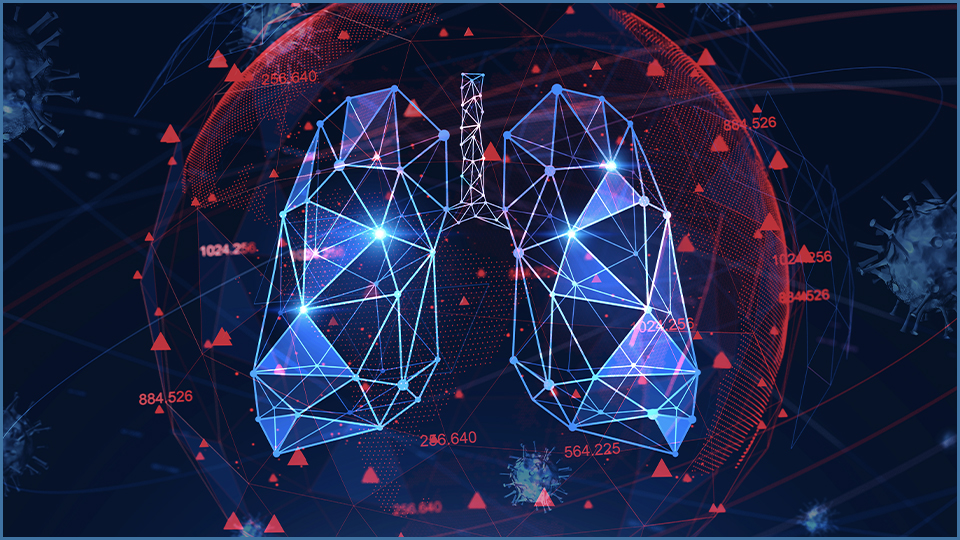Long term follow-up after acute respiratory distress syndrome (ARDS)
DOI:
https://doi.org/10.37051/mir-00117Keywords:
SDRA, pronostic, qualité de vie, long termeAbstract
La mortalité intra-hospitalière des patients pris en charge pour un syndrome de détresse respiratoire (SDRA) s’est améliorée ces dix dernières années. Des séquelles physiques et psychologiques à plus long terme sont très fréquentes et s’intègrent dans le post intensive care syndrome (PICS). Dans cette population de patients jeunes et peu comorbide, seulement 50 % reprennent le travail un an après l’hospitalisation. La récupération pulmonaire s’améliore la première année du suivi mais les patients se plaignent d’une fatigue et d’une fatigabilité à l’effort. Un patient sur deux présente des troubles cognitifs et un tiers souffre de syndrome de stress post traumatique (PTSD), d’anxiété ou de dépression. L’impact sur la qualité de vie du PICS est certain. La connaissance du PICS par le réanimateur est essentielle pour le dépistage et l’orientation pluri-disciplinaire de ces patients à long terme.


